The Home Place
A novel by Carrie La Seur
Carrie La Seur practices environmental law on behalf of farmers, ranchers, and Native Americans in Billings.
For more about Carrie, see end of article or visit www.carrielaseur.com.
Sunday, 12:30 p.m. Mountain Standard Time
Billings lies in the Yellowstone River valley, framed by vertical Sacrifice Cliff and the stunning outcrop known locally as the rimrocks, which together give the city a broad canyon feel.
The south side, along the river and the interstate, is a fortress of refineries and industrial space. The sweet spot is farther north, where many visitors never penetrate—the quaint older neighborhoods, the gracious parks, the colleges. In her memory Alma forgets the rough spots and remembers only the sunny hometown embrace.

The plane comes in low toward the rims. Alma looks for landmarks. She learned to drive down there on Black Otter Trail. No guardrail, no pavement, just an old Jeep with a stiff manual transmission, that was Grandpa Al’s idea of a proper initiation. The fairgrounds and the downtown towers, the river and the south hills, the Beartooths snowy and radiant in the distance, it’s all as it always has been. She could trace the geography and the architecture with her eyes closed. The wheels touch tarmac and the peculiar thrill of coming home to native ground rivets Alma. She is oriented once more.
She lets out her breath and wonders when she began to hold it. It’s been a very long time. Here her dead are buried—and at the moment, unburied—her many kin are living, her ghosts stand vigil, and she is known, she is home. When she turns on her phone, there’s a voice mail from Detective Curtis asking her to visit the Billings Clinic morgue.

Nobody greets her. After five years the airport is different, more upscale, but without the god-awful western kitsch Alma associates with ski resort towns. In the new service economy that relies on magnificent mountain views, high-speed quads, and destination spa ranches, Billings is inconveniently placed. The city turns more naturally toward the east and the south, farms and ranches, oil and gas, the parts of the state only a real Montanan could love, where the magnificence of the Rockies gives way to sugar beet fields and sagebrush buttes. The land of Custer and the Crow, where in the worst weather the state troopers shut big steel gates across the on-ramps, because now as in earlier days this country is sometimes too dangerous to dare.
The Terrebonnes have survived for centuries in the North American wilds on wits and kinship. To cross the territory of the warlike Lakota, they traveled at night, took the white canvas off their wagons, and carried tobacco for trade and bribery. The old man, Alphonse Terrebonne, took pride in never carrying a gun and spoke Indian sign language well enough to get himself invited to join camp. The story Grandpa Al told Alma was of his own grandfather, Alphonse’s son, who nearly opened fire on a group of mounted Lakota who surrounded the wagons one morning, shouting and firing into the air. But Alphonse grabbed his arm. “Look,” he said, “they’re not in war paint. If you want something to do, go join them.” The younger man mounted up and rode into the circle, to the delight of the Lakota, who invited the Terrebonnes’ party to camp with them that night.
Alphonse handed down through the generations the code of the voyageur along with a stern lesson: Never fight an Indian. He’s defending his land, and considering who we are, he might be your kin.
Alma’s red Mitsubishi rental sedan has antilock brakes and front wheel drive, for which she is immediately grateful as she downshifts to take the steep hill to the valley floor. The view hasn’t changed, coal plant and refineries puffing in the middle distance, MSU-Billings standing steady in brick against the backdrop of the rims, the breadth of Twenty-Seventh Street cutting straight to the river.

Alma heads the car toward the massive hospital complex growing inexorably outward from North Twenty-Seventh Street, consuming a charming old neighborhood. This is the place she came in the ambulance with Vicky, right after the accident, Alma’s scrapes barely meriting notice next to her sister’s crushed leg and internal injuries. She remembers family beginning to arrive as she sat in the corner of a surgical waiting room, wrapped in a blanket, resisting the attentions of a hovering nurse. She remembers a uniformed police officer inquiring in a low, tentative voice about what she’d seen. She refused to say a word, or even look at him. Tense conversation hummed around her, but her mind was still out on the interstate, wandering, terrified. “Man up,” Alma whispers to herself. She parks, squares her shoulders, and marches in.
Excerpt from The Home Place, Copyright 2014

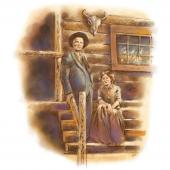


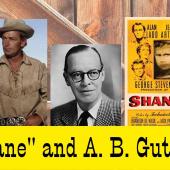

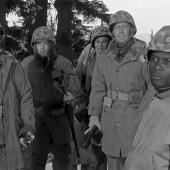


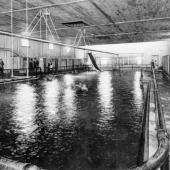

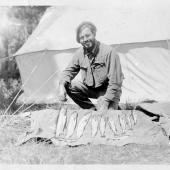
Leave a Comment Here